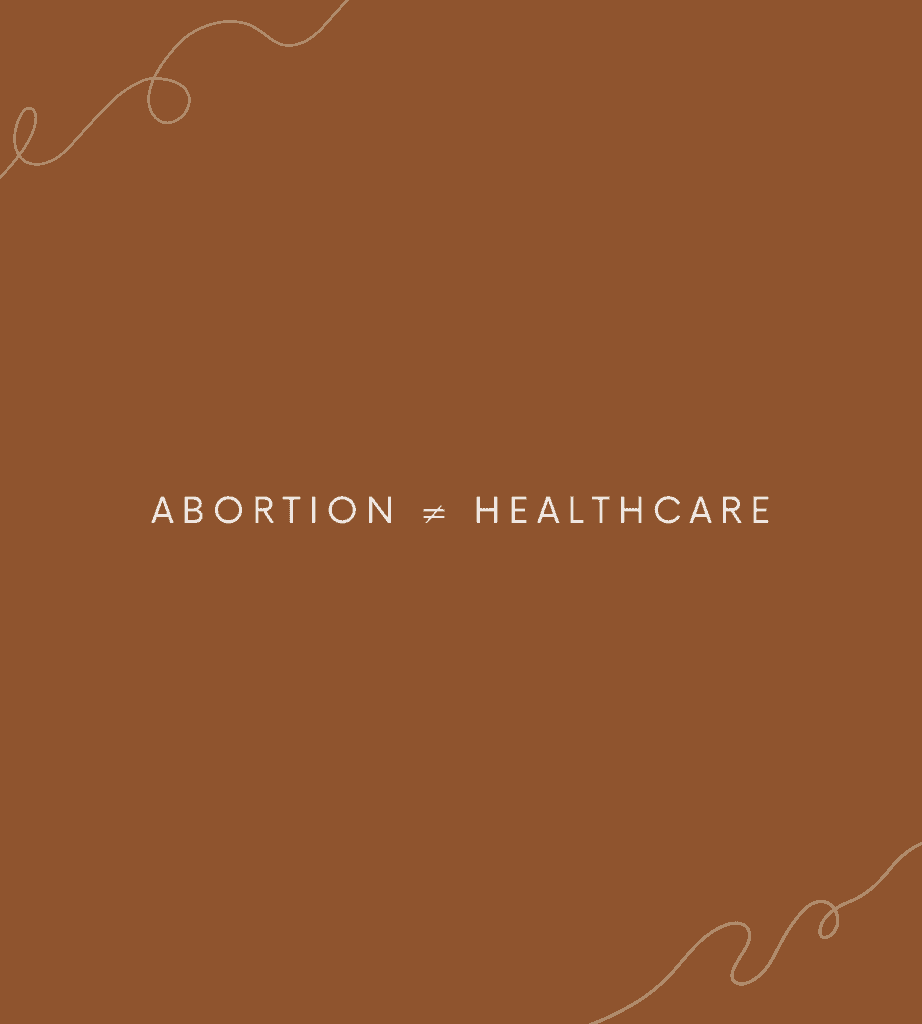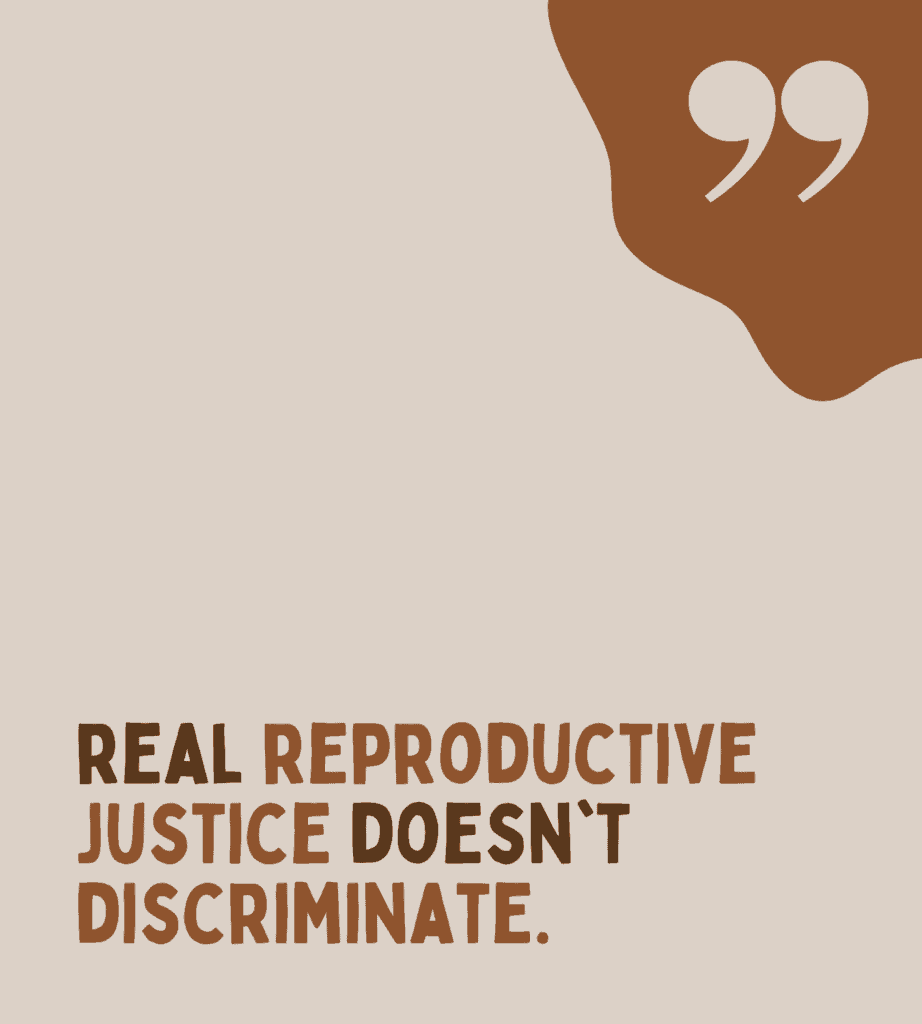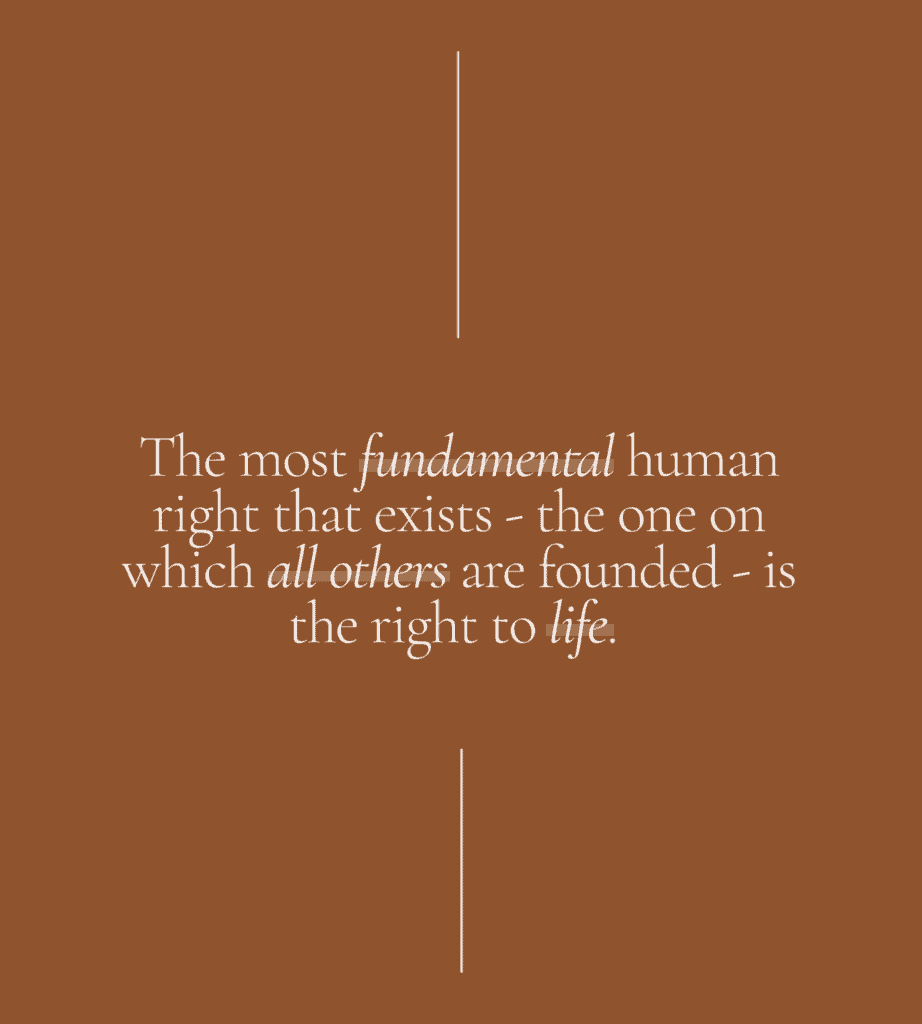In recent years, the terms “reproductive justice” and “women’s healthcare” have risen to the forefront of the United States’ political, social and moral landscape, becoming a defining issue for many. However, despite the popularity of this phrase, not many people are aware of its true definition, which is fundamental to applying it with integrity.
What is Reproductive Justice?
According to NCJW, reproductive justice is distinct from the reproductive rights movement that emerged in the 1970s. It focuses specifically on how intersecting issues such as “race, economic class, disability and identity may disproportionately affect marginalized women in their ability to make reproductive decisions with freedom.”
There are four key components of reproductive justice. These include: “the right to have full autonomy over our bodies,” “the right to have or not have children,” “the right to birth and/or parent our children with dignity,” and “the right to live and/or raise a family in a safe, healthy environment.”

Most people would be in full support of the reproductive justice mission if this was accurate. However, this definition is misleading. Plus, it’s contradictory with the reality of its mainstream application today.
What is Wrong With Reproductive Justice?
Abortion ≠ Healthcare
Abortion access, a key component of the pro-choice definition of women’s healthcare, is the opposite of reproductive justice and rights. The most fundamental human right that exists —the one on which all others stand on— is the right to life. Thus, if this sacred principle is compromised, all the others cease to exist. One cannot advocate for voiceless members of a society when you are actively working to remove the voice and very existence of its most innocent members: children in the womb. Once qualifiers determine human life, it blurs the lines between what is and isn’t permissible. It is a very slippery slope upon which all major human rights atrocities throughout history have gone down.
As pro-life supporters, we believe with every fiber of our being that each life is valuable, no matter the context. No one with an easier existence has more value than someone who doesn’t. Therefore, none of these are valid reasons to say someone doesn’t deserve the right to be born. Furthermore, subjecting women that are already struggling in those areas to the additional pain that abortion can cause is far from a loving thing to do. Nine months of pregnancy versus a possible lifetime of regret and inner turmoil is hardly a comparison.
Real Reproductive Justice Doesn't Discriminate

The science is unarguably clear that human life begins at conception. An embryo is a stage of development, not a disqualification of personhood. The size, location or circumstance (also known as the S.L.E.D Test) of how a human being was conceived does not erase their right to life. Everyone on earth today—including abortion advocates—was once a smaller human, developing inside their mother’s womb, reliant on the adults around them to stay healthy and safe. Thus, if we are to champion healthcare for all people, as the reproductive justice movement claims we should, we absolutely must defend the health of babies in the womb as well as that of the mother.
What is often overlooked or misconstrued entirely in abortion discussions is that there are two human beings directly impacted while an abortion procedure is taking place: a woman and a child. They are not the same. Each has their own unique set of DNA, a unique mind and an irreplaceable soul. The right to life, safety, health and human flourishing belongs to both.
Additionally, if a person or organization claims to support bodily autonomy, how can they then support the most extreme violation of bodily autonomy: the termination of another’s life? It is the ultimate irony. “My Body, My Choice,” yes. A woman should always have the choice of what to do with her body. But the baby inside of her is not her body. It may depend on her for survival, but infants outside of the womb are also wholly dependent on their parents for survival, which has never been a justification for ending their life, but rather a moral responsibility to care for and protect them until they can protect themselves. The understanding that no human has the moral authority to decide whether another lives or dies must be the basis for establishing all the rest of our human rights discussions.
What True Reproductive Justice Looks Like
Rights for All
Another issue that often comes up in conversations about reproductive justice is the belief that no one should force a woman to become a mother when she does not feel ready to. As pro-life advocates, we wholeheartedly agree! No woman should have to raise a child in an environment that would be detrimental to her or that child’s well-being. Our efforts in empowering women should center around ensuring that each one facing the prospect of motherhood has all the education and resources she needs to make the best decision for both her and her baby, whether that is parenthood or adoption.
There is nothing empowering about abortion. However, there is empowerment in feeling equipped and supported enough to either choose to raise the child, provide a safe adoption situation for them or prevent pregnancy in the first place.
These are the areas we need to direct our energies towards. These are the battlegrounds. The womb is not.
Millions of dollars that could be used towards this pro-life, comprehensive healthcare strategy are currently being funneled into abortion organizations and providers, providing a fraudulent interpretation of women’s healthcare. This money should instead fund things like:
- Helpful sex education
- Supporting those in foster care and advocating for more foster families
- Improving access to loving, affordable adoption
- Strengthening family structures
- Lifting communities out of poverty
- Ending all forms of racial, gender and disability discrimination
- Fighting sexual abuse
- Mobilizing churches
- Education and career opportunities for new moms and dads

Women Deserve Better Than Abortion
We should surround women with the education, resources and support to know that abortion is not their only option. We also need to reduce the factors that make women feel like abortion is necessary in the first place.
The disturbing reality is that abortion is a multi-billion-dollar industry. And, though it is marketed as women’s rights, it is not in the best interest of anyone. It is harmful on every level for all those involved. Unfortunately, many women have abortions without ever having been informed of the actual medical procedure or the health considerations, consequences and risks. These details not being depicted accurately, if at all, is an astounding level of medical malpractice. Besides the lack of consent from the baby, a woman cannot honestly give consent unless she is fully informed.
In addition to the potential physical complications, the emotional and spiritual cost of an abortion can be heartbreaking and long-lasting. Consequently, women of color experiencing poverty and other marginalized communities have significantly higher rates of abortions – an even further injustice to these communities. Abortion adds harm – not healing – to their lives.
We must always channel our energies into helping human life flourish and thrive instead of extinguishing it. Thomas Jefferson said, “The care of human life and happiness, and not their destruction, is the first and only legitimate object of good government.” We would add that it is also the only legitimate object of any good reproductive justice or healthcare. Many organizations work day in and day out towards precisely this goal. This includes Focus on the Family, Live Action, Students for Life, March for Life and numerous others – but more are needed.
This is the call to action. This is the future of pro-life reproductive justice. We must continue to uphold equality, freedom and empowerment for women and children worldwide. We must continue to unite people across all demographics in pursuing reproductive truth and justice. And we must continue protecting the sanctity of the most precious gift we have ever received – life.
















